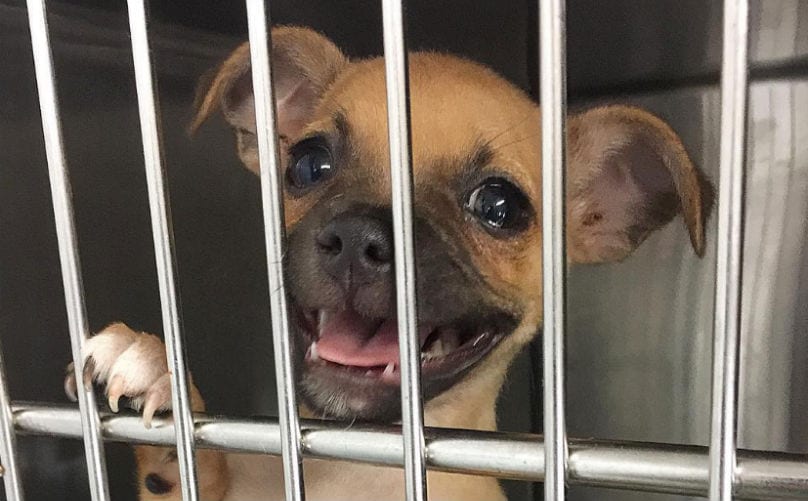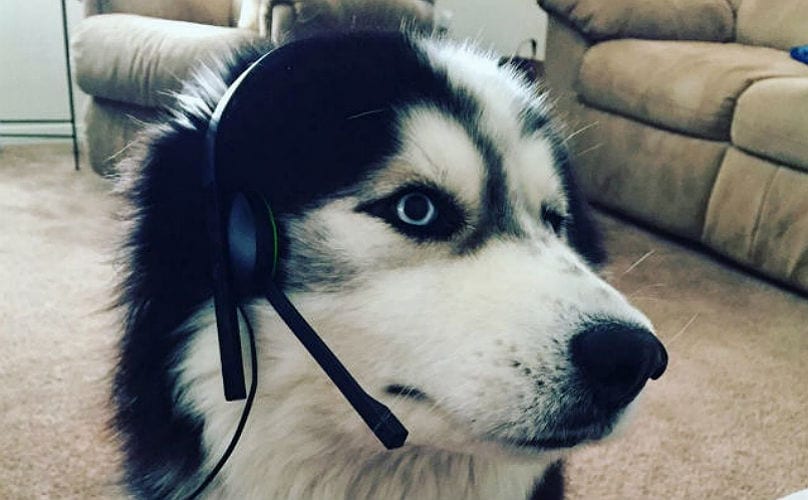Whether you’re a human or a dog, losing a beloved canine friend isn’t easy. While humans are able to use words to express their loss, dogs do not have this same ability. If they can’t express how they feel, what do we know about how dogs grieve?
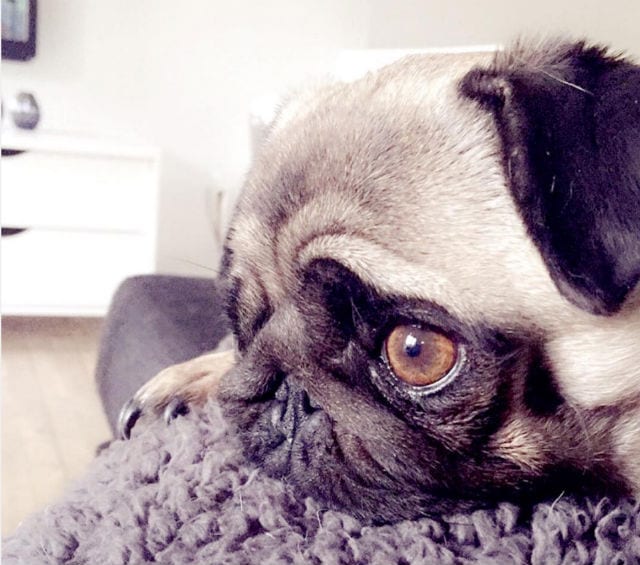

Since our dogs cannot express how they feel, we must look to their behavior to gain some insight into their emotional states. Believe it or not, a fair amount of research has been done on the way that dogs and other animals mourn.
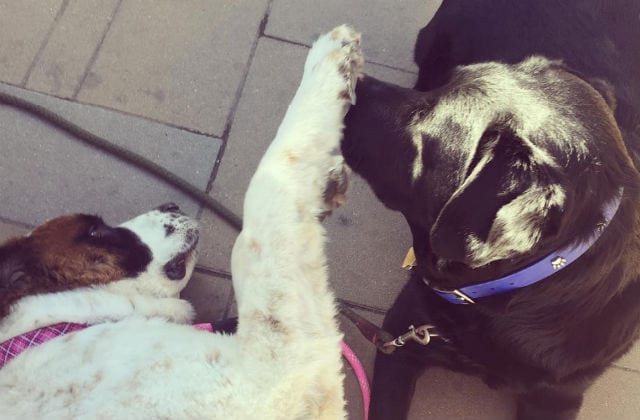

In one study by the American Society for the Prevention of Cruelty to Animals, researchers found that dogs display many of the same characteristics of grief that humans do. After the death of a canine companion, dogs eat less, lose interest in their favorite activities, become clingy, and sleep more.
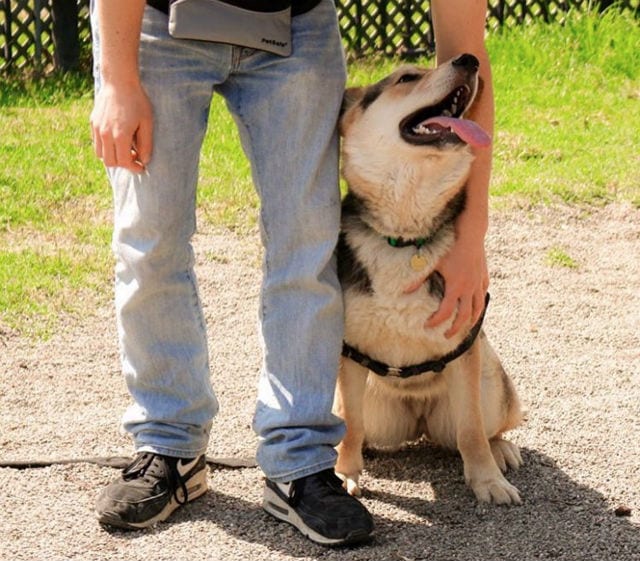

Interestingly, these behaviors nearly mirror those of a human who is working through the grieving process. But does this mean dogs understand death in the same way that we do? Not quite.
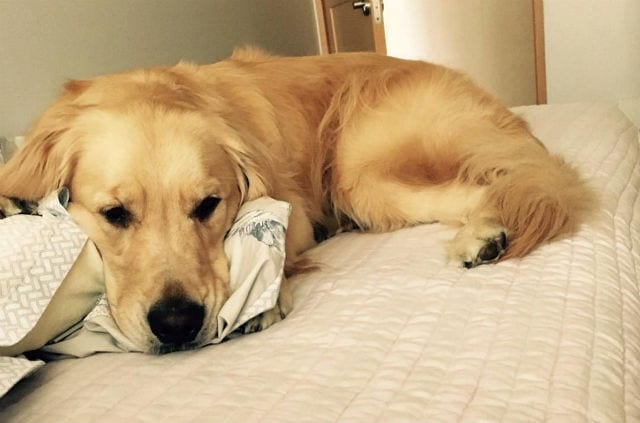

For a better understanding of what a dog feels after the passing of a canine companion, look at how a child between the ages of 2 and 5 deals with death.
[bp_related_article]
They do not understand that death is irreversible, so they continue to look for the lost friend in hopes that they will return soon. While they may not understand the concept of death, dogs can still feel sadness in the absence of their friend. However, it is not the same feelings of grief that humans feel when touched by death.
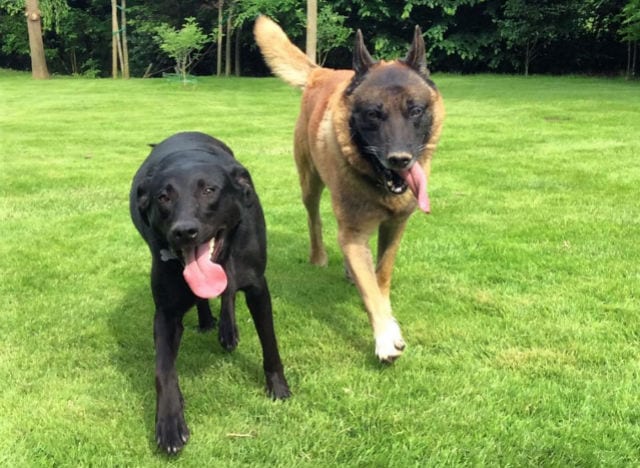

If a dog is grieving the loss of a canine friend, the best thing you can do is keep them busy with affection and attention. By keeping their mind off of the loss by filling their time with toys, activities, car rides, and quality time with you, they will start to fall into a new solo routine. During this time, it may also help to keep around some of their companion’s toys or bed to help with the transition.
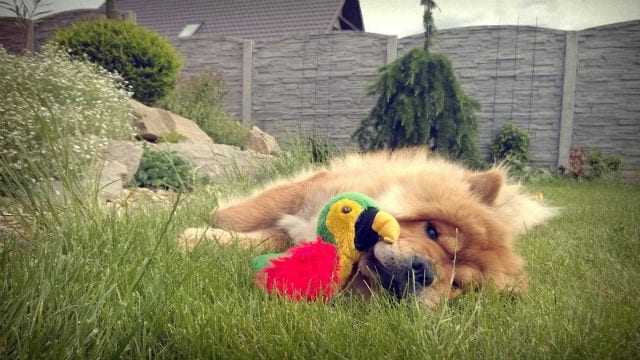

Once a dog has adjusted to life without their companion, you can start to consider adding a new pup to the family. Trying to force a new friend on the dog too early will only increase their stress and anxiety.
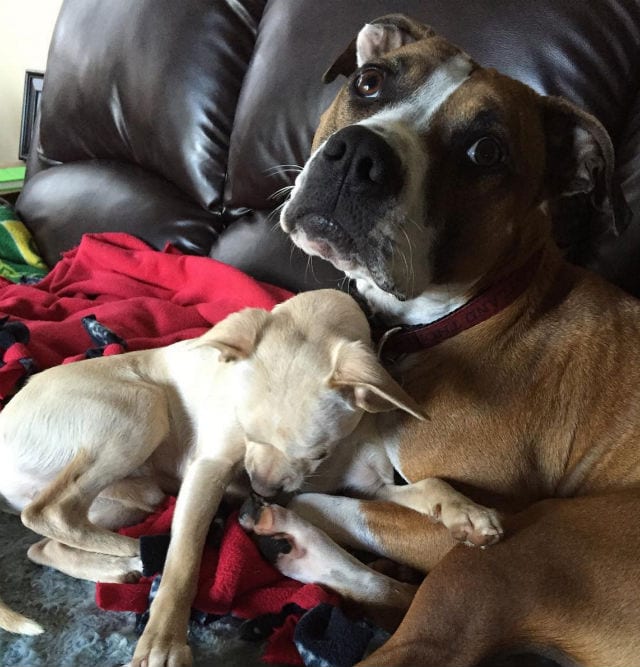

Over time, a dog will come to accept the loss of their companion and continue on life as usual. However, if the signs of grief continue it’s important to talk to your veterinarian as some of the symptoms are also signs of illness.
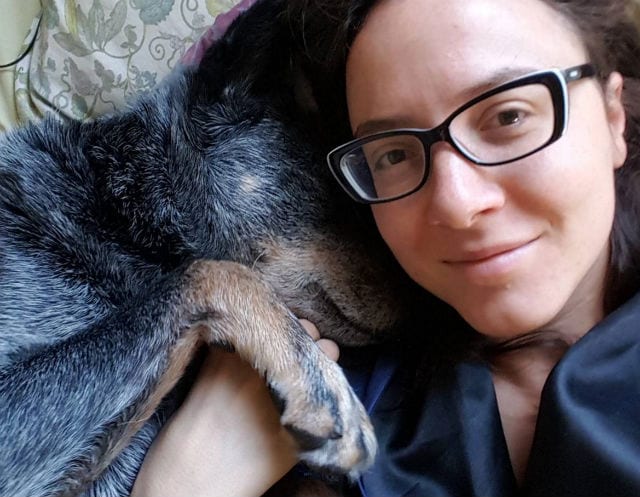

During human grieving, there is nothing better than a snuggle from our pet, turns out that the benefit may just go two ways.
Sources: Pet Place, Prevention, Psychology Today
Featured image via: @saddoghenry / Instagram




